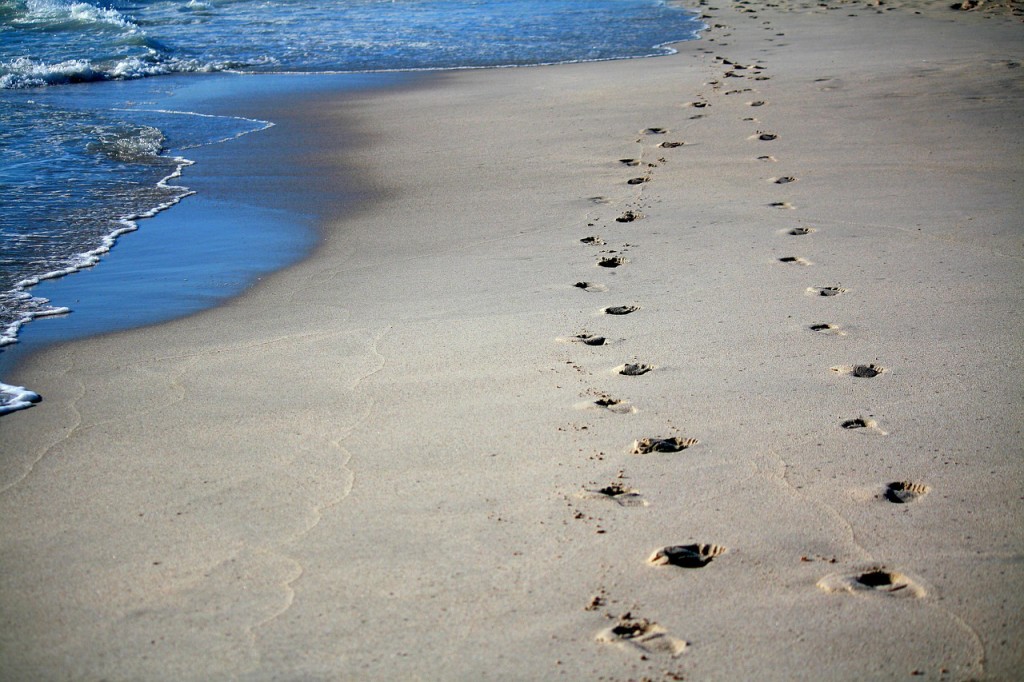There is a strong link between how you feel and what you’re capable of doing. Your energy level, focus, and drive are a key component, yet often neglected part of your leadership. If you are feeling depleted, drained, or down, it will not only show; it will get transmitted to others. Your energy is contagious; both positive and negative.

We need to learn the language of our bodies. The body is constantly giving us information. The problem is we often ignore it; we dissociate from its’ signals, as if it’s something that is happening to us rather than within us. This approach can leave us feeling helpless, as if we are victims.
But there is another way. We can get curious about the signs that are showing up in our health. After all, what is dis-ease, if not the lack of “ease.” When we are ill at ease in our own thinking and beliefs, the body will experience tightness, insomnia, muscle spasms, headaches, etc. These are the body’s attempts to invite us once again into “ease.”
Easier said than done (puns aside). With all the complexity of our modern world, the endless demands of family, technology, and 24/7 global workplaces, how do we develop and sustain ease?
Here’s my personal 7-step formula for developing and maintaining ease, no matter what:
- Healthy diet. Period. We are what we eat. If you put bad fuel in your car your engine pings. If you put bad fuel in your body, it won’t perform. Pay attention to not just what you eat, but how you eat. Eat with focused attention on tasting the food, chewing slowly, and enjoying conversation. Don’t eat when you are angry or upset. Eat until you are ¾ full, so your digestive enzymes can do their job and the food can churn in your stomach. Eat at least 4 hours before retiring to bed so your food can digest properly.
- Rigorous exercise. Get at least 150 minutes of vigorous exercise weekly. Include combinations of strength, flexibility, and cardio in your regimen. Vary the regimen, mixing and matching different things to avoid boredom. Increase the challenge weekly; add a bit of weight but fewer repetitions, etc. Man evolved through activity and movement. Move and grow!
- Adequate and restorative sleep. This is non-negotiable. Figure out what you need and give that gift. Omit electronic stimulation one hour prior to bed. Have a relaxing evening ritual that prepares your body/mind for sleep.
- Growth mindset. Do you get curious and ask “what about me is being bothered by this situation? Many of us don’t have our beliefs tested until we hit a roadblock. Think of a time when you experienced physical or emotional distress. What were you thinking about? What did you choose to stop thinking?
- Centering/meditative practice. If we give our mind the opportunity to experience stillness, we notice what is going on in the body. The body never lies; the mind often does. Think of how many times you had a “gut” feeling that something wasn’t right but your mind tried to overrule. How did that turn out? Learning to connect to sensation in the body is an important skill to learn. By noticing how we feel, we can direct our attention and breath to any distress. By breathing into the area of discomfort and relaxing, the edges of discomfort begin to soften. Things begin to shift.
- Pay attention to how you speak and the words you use. When you speak you have the power to create your external reality. It comes from how you experience yourself. Notice how many positive or negative words you use; or your tendency to complain. Language is a key place to look if you are feeling ill at ease.
- Cultivate gratitude for all that you already have in your life. What’s working well? Who do you cherish? How much care are you showing to those in your circle? Being grateful and expressing it daily will give you more opportunities for things to be grateful for!
To your well-being, and its’ full expression in your leadership.

